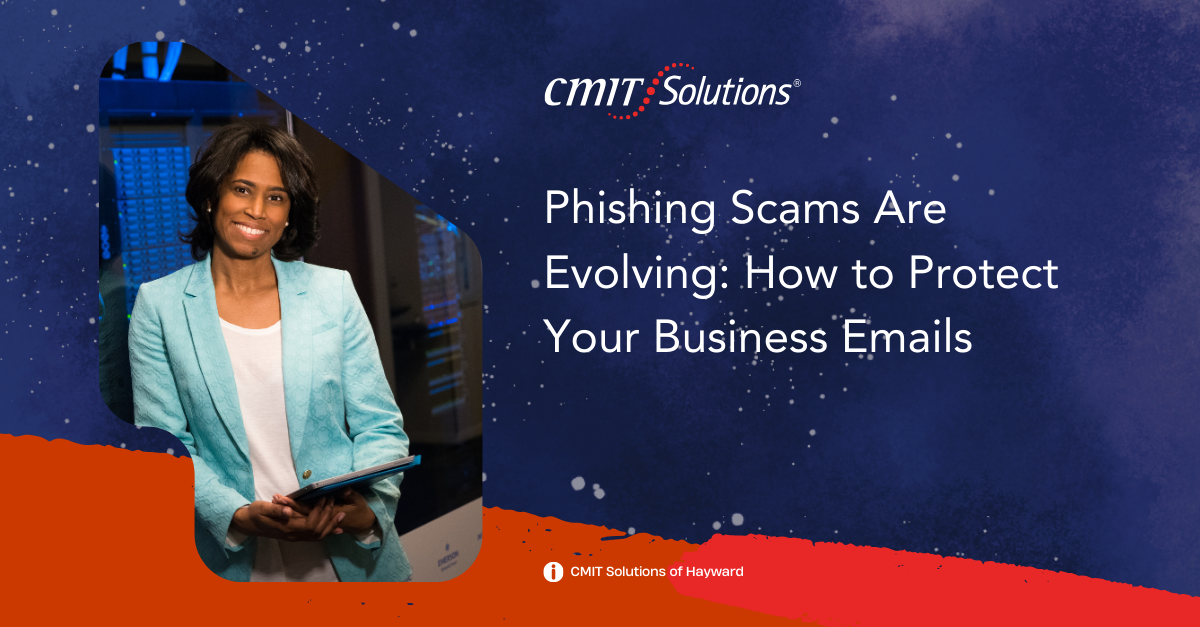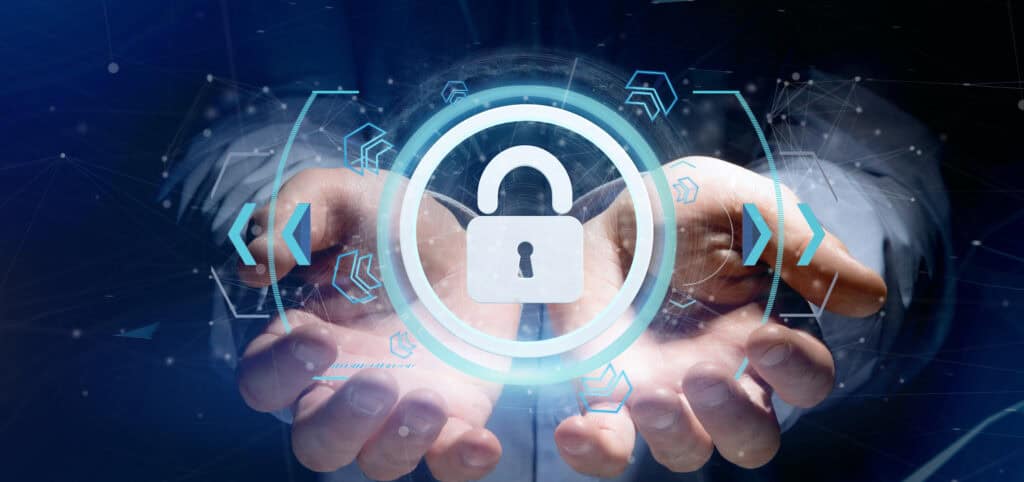Phishing scams have become one of the most prevalent cybersecurity threats facing businesses today. Cybercriminals use sophisticated tactics to trick employees into revealing sensitive information, clicking on malicious links, or downloading malware. As phishing techniques evolve, businesses must adopt proactive security measures to protect their email communication.
With the increasing sophistication of cyber threats, companies need Managed IT Services Hayward to implement advanced email security, employee training, and phishing detection solutions. This guide explores how businesses can identify, prevent, and mitigate phishing threats.
-
The Rising Threat of Phishing Attacks
Phishing is a deceptive practice where hackers impersonate legitimate entities to steal login credentials, financial information, or company data. These attacks target employees through fake emails, social engineering, and malicious attachments.
A recent cybersecurity report found that 90% of data breaches originate from phishing attacks.
Why Phishing Is a Growing Concern
- AI-driven phishing emails can now mimic real employee communication.
- Ransomware is often delivered through phishing emails.
- Hackers use social engineering to manipulate employees.
With Cybersecurity Solutions Hayward, businesses can deploy email security solutions and phishing awareness training to defend against these evolving threats.
2. The Different Types of Phishing Attacks
Phishing scams come in various forms, each designed to exploit human error and bypass security defenses.
Common Phishing Tactics Used Against Businesses
- Email Phishing: Attackers send fake emails that appear legitimate.
- Spear Phishing: Targeted attacks using specific employee names and job roles.
- CEO Fraud (Business Email Compromise): Impersonating executives to request urgent financial transfers.
- Clone Phishing: Copying a previously sent email and inserting a malicious link.
- Vishing & Smishing: Using voice calls and SMS messages for phishing.
A business security analysis reveals that multi-layered email security strategies are critical in preventing these attacks.
3. How Phishing Scams Target Business Emails
Cybercriminals design phishing scams to exploit human error, weak security policies, and outdated IT infrastructure.
A phishing case study found that businesses without advanced email filtering are more likely to suffer from cyber breaches.
Red Flags of a Phishing Email
- Urgent requests for sensitive information.
- Emails with unusual sender addresses.
- Links leading to fake login pages.
- Suspicious attachments with malware payloads.
Working with It Support Companies Hayward ensures businesses receive AI-powered email filtering and phishing detection tools.
4. How Managed IT Services Protect Businesses from Phishing
Managed IT Service Providers (MSPs) play a crucial role in preventing phishing attacks by offering end-to-end cybersecurity solutions.
Key Security Measures Implemented by MSPs
- Email Encryption & Authentication: Ensuring only authorized users access business emails.
- Multi-Factor Authentication (MFA): Adding an extra security layer beyond passwords.
- AI-Driven Threat Detection: Using machine learning to identify phishing patterns.
With Managed IT Provider Hayward, businesses gain access to comprehensive email security solutions.
5. Strengthening Email Security with Advanced Filtering
Email filtering solutions are essential for blocking phishing attempts before they reach employee inboxes.
Benefits of Advanced Email Filtering
- Prevents spam, malicious links, and fake sender addresses.
- Blocks emails from suspicious domains.
- Uses AI to analyze email behavior patterns.
A cybersecurity awareness guide highlights that businesses using AI-powered email security experience fewer cyber incidents.
6. Employee Training: The First Line of Defense Against Phishing
Employees are the biggest target in phishing attacks, making regular training essential.
How to Train Employees to Recognize Phishing Scams
- Conduct simulated phishing exercises to test employee responses.
- Implement interactive training sessions to educate staff on security best practices.
- Enforce email security policies to minimize exposure to phishing threats.
A business IT security guide found that organizations with trained employees are 80% less likely to fall victim to phishing.
7. Multi-Factor Authentication (MFA) for Email Protection
MFA adds an extra layer of security by requiring users to verify their identity through a second authentication method.
Why MFA Is Critical in Phishing Prevention
- Blocks unauthorized access even if passwords are compromised.
- Reduces the risk of credential theft from phishing emails.
- Provides secure login protection for remote workforces.
By implementing Hayward Managed IT Support, businesses can enforce MFA across all email accounts.
8. The Role of AI in Email Security and Phishing Detection
Artificial intelligence has revolutionized email security by detecting phishing patterns in real time.
A case study on AI cybersecurity shows how machine learning models can analyze email behavior and automatically block threats.
AI-Driven Email Security Benefits
- Detects suspicious email patterns before they reach employees.
- Uses natural language processing (NLP) to identify fake messages.
- Automates phishing threat response to prevent email breaches.
With Cybersecurity Services Hayward, businesses can integrate AI-powered email security tools for real-time protection.
9. Implementing a Zero Trust Email Security Model
A Zero Trust approach assumes no email communication should be trusted by default.
How Zero Trust Improves Email Security
- Requires continuous verification of sender authenticity.
- Limits employee email access to sensitive business data.
- Prevents malicious actors from infiltrating internal communications.
A security framework study shows that Zero Trust significantly reduces phishing risks.
Conclusion: Secure Your Business Emails Against Phishing Threats
Phishing scams are evolving rapidly, and businesses must stay ahead of cybercriminals. Without strong email security, organizations risk data breaches, financial loss, and reputational damage.
With Managed IT Services Hayward, businesses gain access to AI-driven email security, phishing detection tools, and proactive employee training.
To protect your business emails from phishing scams, partner with CMIT Solutions of Hayward today and implement enterprise-grade cybersecurity solutions.




